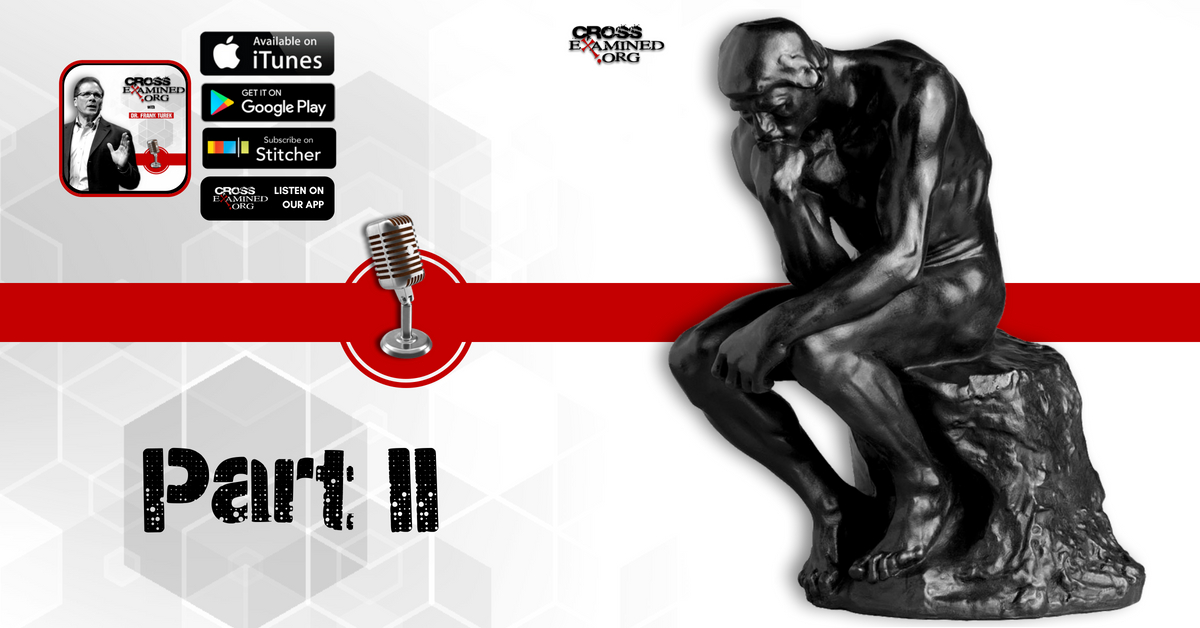Why Being Comfortable Makes You A Bad Leader
We live in a result-oriented society. I suppose it’s better than living in a status-quo oriented society. The mantra of the day is “what have you done for me lately?” Harsh as that may seem, there is some truth to it and the adage can aid us in becoming more efficient and effective. The question is how do we go about getting better results? We want to be comfortable but can comfort hinder or delay the results we want to achieve?
In the last 150 years, there have been revolutionary inventions that have completely changed the way we live day-to-day. One my family makes much use of is the washing machine. Arguably, the most important part to the function of this machine is the agitator. The agitator is responsible for moving the clothes through the water as well as providing a mechanism for distributing the detergent. The agitator shakes, swishes and stirs the clothes until they are disrupted enough to remove all of the dirt from them. I imagine that if clothes had feelings, they would find this process uncomfortable. However, without the process of agitation, the desired effect – clean clothes – could never be achieved.
When is the last time you submitted to or sought out the process of being agitated? When is the last time you allowed yourself to be temporarily uncomfortable in the hopes that it would produce the perfecting of your purpose? The goal of a great leader is to exert influence amongst those they lead with an eye towards producing more leaders. This goal requires growth and growth requires discomfort. In order to grow your muscles, you lift weights until your arms and legs are so uncomfortable that it is almost unbearable. In order to earn a degree, you may endure uncomfortable late night study sessions. The decision must be made to actively engage in temporary discomfort in order to produce long-term growth.
UNCOMFORTABLE FOR A REASON
Your purpose is what you were created to address. It is often (and I believe incorrectly) said that whatever you love doing is your assignment. I think a better way to look at discovering your purpose is to look at what makes you the most uncomfortable and why. You are uncomfortable for a reason. You’re uncomfortable because you were designed to solve a problem that everyone else seems unbothered by. I’m uncomfortable when I hear about people doing things every day that they hate when I can hear the passion in their voice for doing something so much more meaningful. Unfortunately, far too many people become comfortable being uncomfortable. Sometimes discomfort can drive us towards our destiny and sometimes it can stagnate us. Only God knows the difference, which is why we need to consult Him for understanding.
COMFORTABLE WITH A CALLOUS
Recently, I heard John Teter provide an analogy that illuminates the importance of endurance and purposeful discomfort. When you first learn to play tennis, you may have some blisters on your hand at the end of the session or the match. This is because your hands aren’t used to the repetitive impact of hitting the ball with the racket. However, seasoned tennis players will have callouses on their hands. A callous shows that you’ve been devoted to something for a long time. How many of us are willing to deal with the discomfort of the blisters in order to reach the growth evidenced by the callous?
Leaders can’t produce growth if they themselves aren’t growing. What have you read that has facilitated your growth? How have you invested in yourself lately? Have you navigated outside of your comfort zone recently? What is agitating you? How have you stretched yourself in order to better fulfill your purpose?
Lasting leadership requires us to embrace profitable discomfort. The way to know the difference between profitable and unprofitable discomfort is by observing if your influence is growing or declining. As a leader, your influence should also create or empower others to be influential and walk in their respective purposes. Peter Oppong wrote, “Discomfort is a catalyst for growth. It makes you yearn for something more. It forces you to change, stretch, and adapt. The secret to success lies in the very thing you’re avoiding. Those things that seem to break you down and humble your spirit.”
Original Blog Source: http://bit.ly/2yipV0e












Leave a Reply
Want to join the discussion?Feel free to contribute!